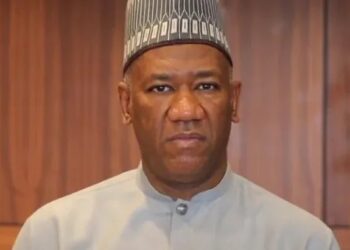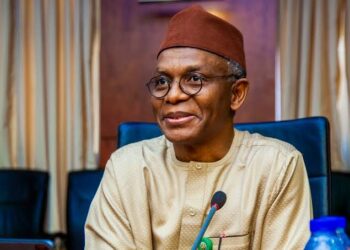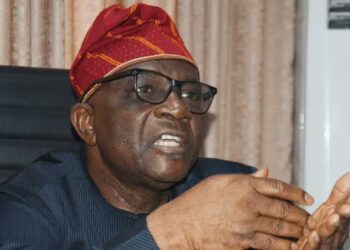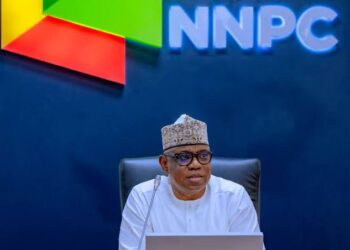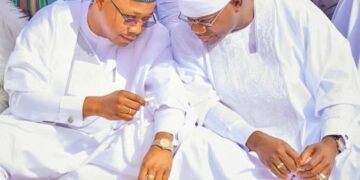Seven Akwa Ibom lawmakers defect to APC, reshaping the political dynamics in Nigeria’s House of Representatives chamber.
The defectors include six members from PDP and one from YPP, citing unresolved internal crises as justification for leaving.
Their official defection was announced by Speaker Tajudeen Abbas during Thursday’s plenary session at the National Assembly complex.
These lawmakers represent critical federal constituencies spread across various parts of Akwa Ibom State’s political geography and demographics.
The affected lawmakers are Martins Etim, Unyime Idem, Uduak Odudoh, Paul Asuquo, Etteh Ikpong, Okon Ime Bassey, and Emmanuel Udo.
Each legislator submitted a letter stating their reasons, referencing section 68(1)(g) of the Nigerian Constitution for legal backing.
The letters pointed to irreconcilable differences and protracted battles over key appointments, particularly the Office of the National Secretary.
These intra-party conflicts reportedly fractured the PDP’s unity, especially in Akwa Ibom, undermining the party’s political coherence statewide.
The YPP lawmaker similarly complained about his party’s unresolved leadership struggles, calling the situation unsustainable and politically unproductive.
Minority Leader Kingsley Chinda challenged the defections, citing existing Supreme Court rulings on what defines legitimate party division.
He reminded the House that constitutional freedom of association has limits under Section 68(1)(g) regarding elected political transitions.
Chinda stressed that the Speaker must act in line with constitutional provisions and legal precedents already established by the courts.
Political analysts say this wave of defections bolsters the APC’s dominance, bringing its House membership tally to 220 lawmakers.
As Akwa Ibom lawmakers defect to APC, observers warn it may trigger further realignments across state and national politics.



